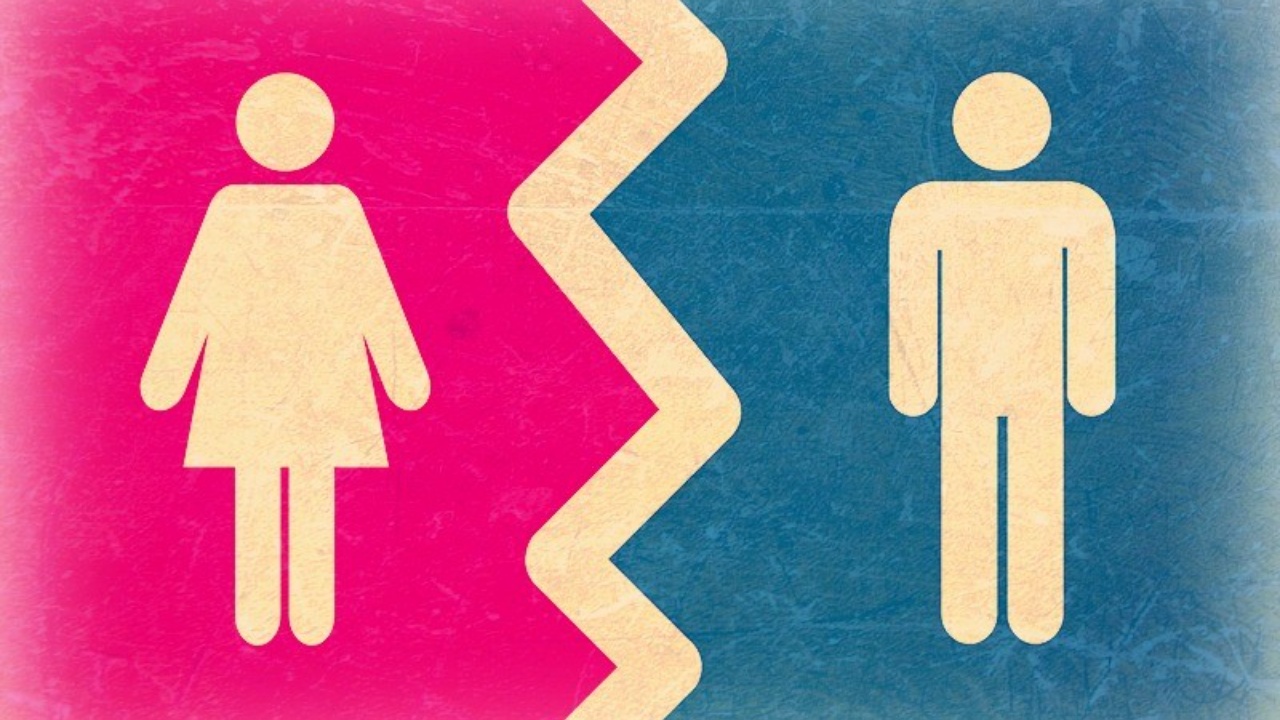From controversy to revision: Albania retains binary gender definition in equality bill

A draft law on legal equality submitted to the Albanian Parliament initially proposed redefining gender in a way that would have allowed recognition beyond the traditional male-female binary. The proposal, prepared by experts from the Ministry of Health and Social Protection, quickly sparked intense political, cultural, and religious debate.
Why is this important: The draft triggered strong opposition for what critics saw as an attempt to introduce alternative genders into Albanian law — a concept that remains controversial even across many EU countries. Facing backlash, including from religious institutions, the ruling Socialist Party moved swiftly to amend the bill, reaffirming the constitutional definition of gender as man and woman.
Details: According to the Socialist amendments, while the bill aimed to modernize Albania’s gender equality framework and align it with EU legislation, several provisions went beyond what is recognized in EU law. The accompanying report clarified that EU directives such as Directive 2006/54/EC do not create legal categories beyond the male-female binary, even as they expand protection for LGBTIQ+ rights.
“The current definition of gender in EU law cannot be interpreted as establishing new legal categories beyond male and female,” reads the Socialist Party’s explanation.
The revised draft now limits the interpretation of gender to the binary framework, while still committing to protect individuals from discrimination based on gender identity or sexual orientation.
Context: The original proposal was part of broader efforts to harmonize Albania’s legal system with EU standards, a key condition in the country’s ongoing accession negotiations. However, its language on gender identity opened a heated public debate — echoing similar controversies in EU member states such as France, Germany, and Italy, where cultural resistance to gender-neutral legal definitions remains strong.
Socialist lawmakers have since emphasized that no constitutional change is being proposed, and that the final version will maintain the existing legal understanding of gender while updating equality protections in line with European norms.


